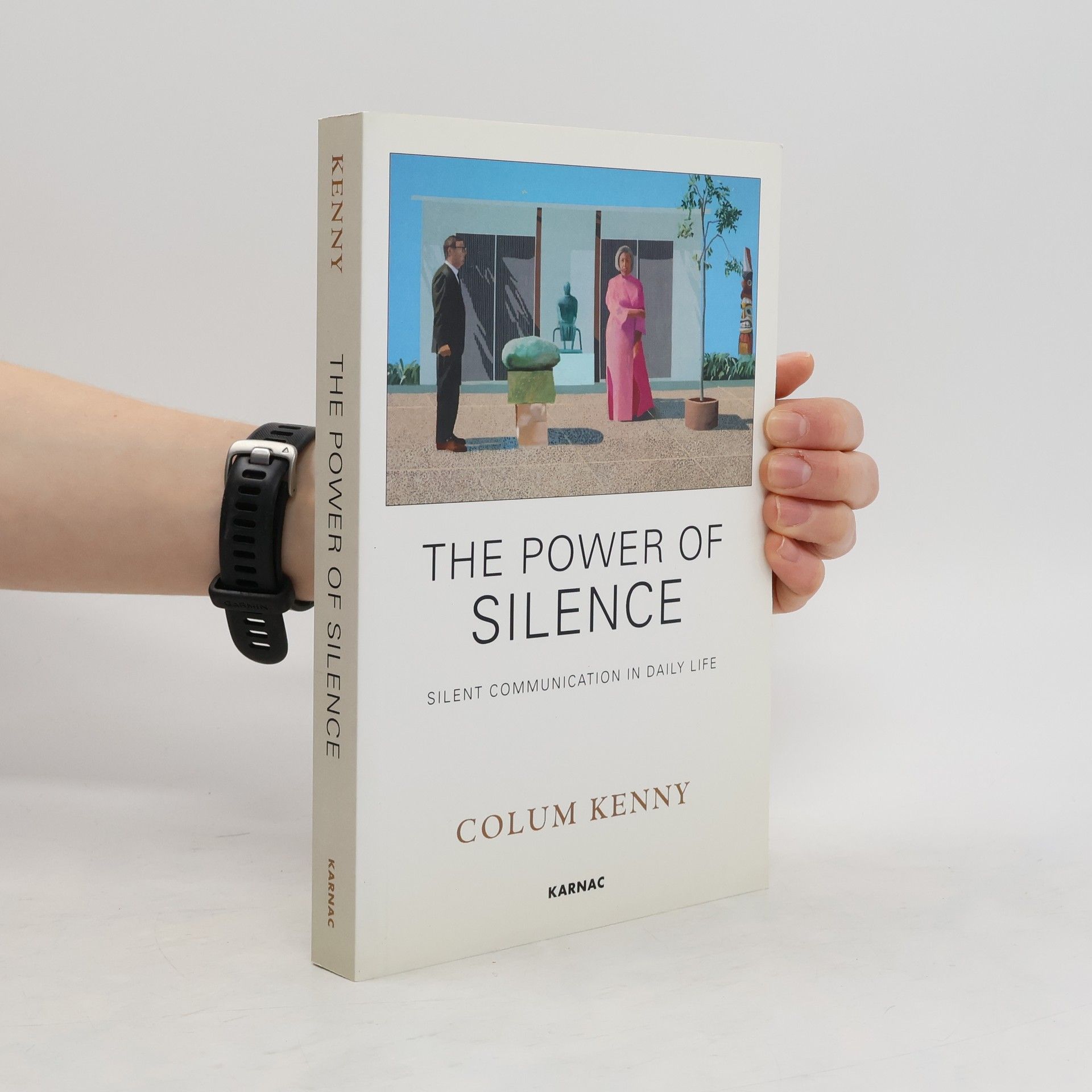Midnight in London
- 128 pages
- 5 hours of reading
On the dramatic night of 5-6 December 1921, Irish Delegates at Downing Street signed an agreement for a treaty to end the War of Independence and to create a new Irish state. This is the story of that fraught midnight deal, and of the events and people that lay behind it. The story is told from original sources and eyewitness accounts, and brings to life the Treaty that sparked a Civil War but made modern Ireland. Irish negotiators were under great pressure, caught between an ultimatum from Prime Minister Lloyd George to sign or face outright war, and a refusal by the President of Dáil Éireann, Éamon de Valera, to lead them in London. For two months Arthur Griffith, Michael Collins, and three other delegates faced some of the most powerful men in the British Empire, including Winston Churchill and Austen Chamberlain. Kenny turns a spotlight on the key issues and the problems they faced.

